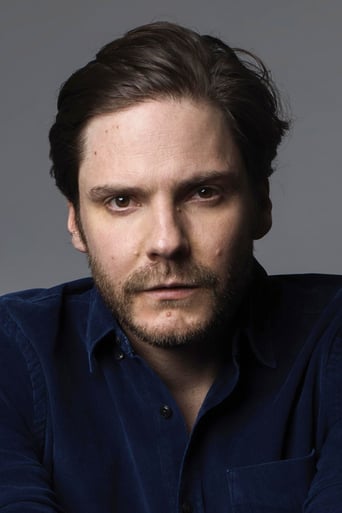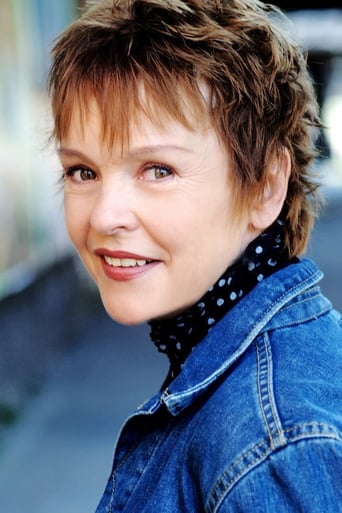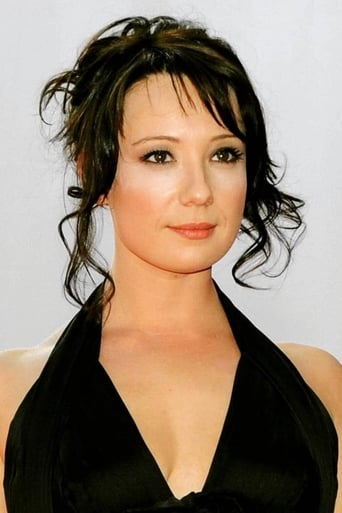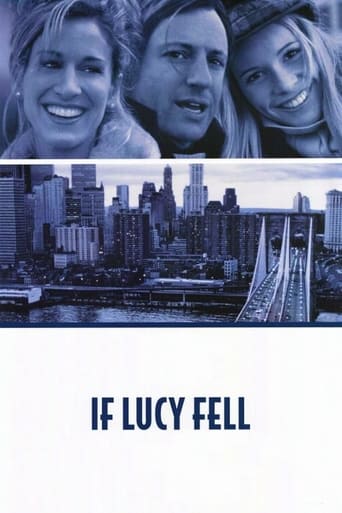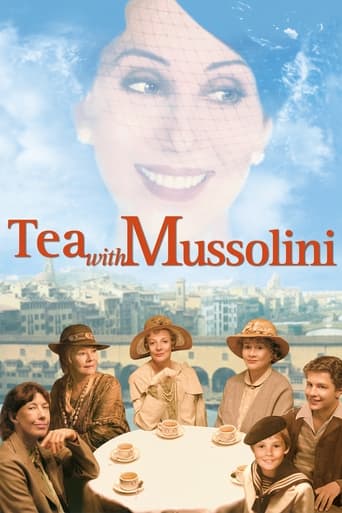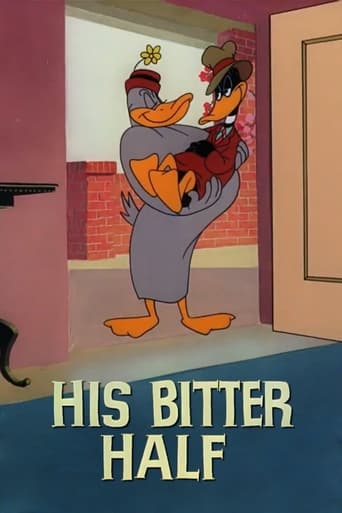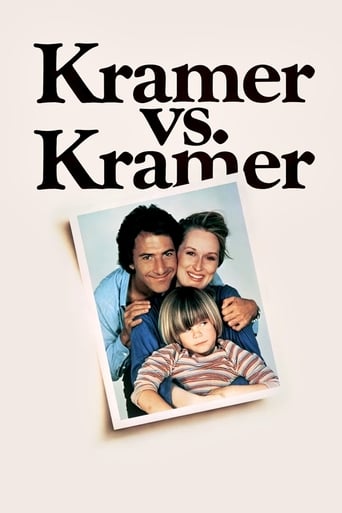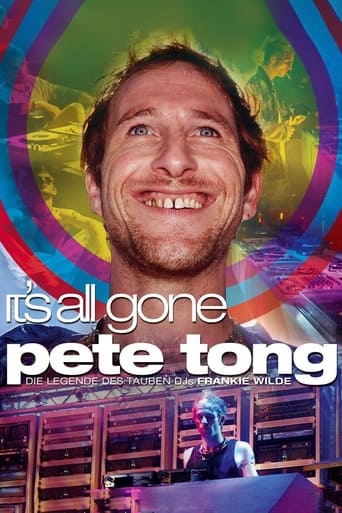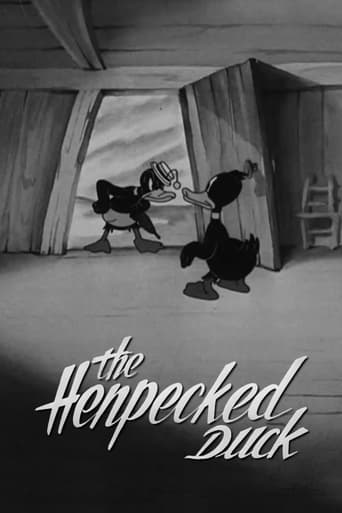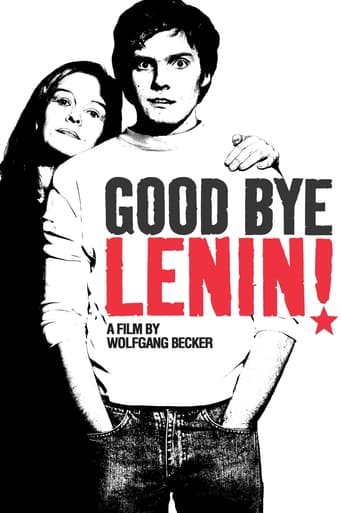
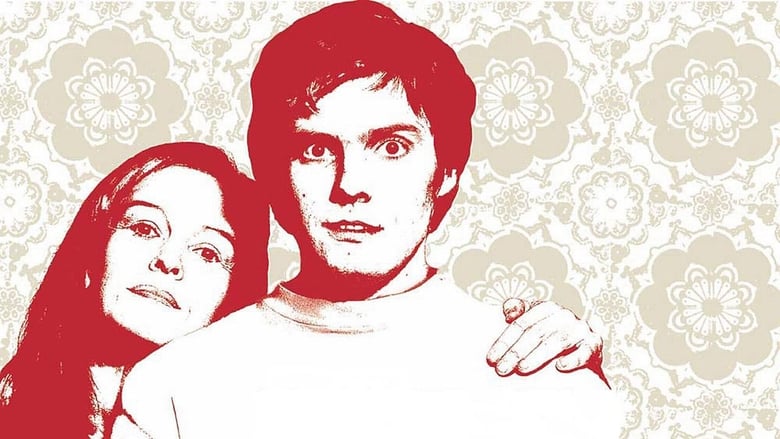
Good Bye, Lenin! (2003)
Alex Kerner's mother was in a coma while the Berlin wall fell. When she wakes up he must try to keep her from learning what happened (as she was an avid communist supporter) to avoid shocking her which could lead to another heart attack.
Watch Trailer
Cast
Similar titles
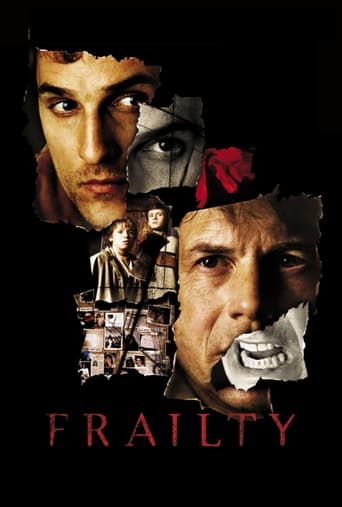
Reviews
Very Cool!!!
Sorry, this movie sucks
Really Surprised!
Am i the only one who thinks........Average?
When I first heard about Good Bye, Lenin, I was told it was a comedy. I went into the movie expecting to be laughing a majority of the time. Though it was funny in some parts, I found a good portion of the movie to be rather sad. Good Bye, Lenin tells the story of a boy named Alex whose father fled to East Germany, an event that nearly destroyed the will of his mother. After eight months struggling to get better, Alex's mother returns to the real world and dedicates her life to the DDR. 10 years later Alex's mother has a heart attack which leaves her in a coma for eight months. During this time the DDR and the Berlin wall fall. When his mother wakes up, Alex is warned not to excite her. He decides to recreate the life his mother knew, a time before the wall fell. It starts out as a good plan, but Alex soon realizes that this has taken on a life of its own. He soon starts creating fake newscasts with his friend Denis to help explain the "Westernization" that is happening outside his mother's bedroom window. It is a tragic comedy that explores themes of love, family, and tragedy. I really enjoyed this film. I found what Alex did for his mother to be very sweet, but also kind of crazy. He literally recreates everything that his mother remembers in order to keep her from having another heart attack. What Alex doesn't realize is how hard it will be to keep up the charade. He does this all out of love for his mother. I couldn't even imagine being in his position. I think his actions show how much he loves and cares about his family. He tries as hard as he can to make things as normal as he can. Though that puts a strain on the relationship with his sister and girlfriend, he keeps up the charade to make life easier for his mother. The theme of tragedy is also present throughout the film. Alex has had a difficult life. His father fled to the West when he was very young, and he hasn't seen him in years, his mother falls ill twice, and he is stuck living with his sister and her new boyfriend while their mother receives treatment. Alex tries as hard as he can to help his mother enjoy her life, even while she's on bed rest, but in the end everything is futile. Alex can't save his mother. As his charade gets bigger, it begins to take on a mind of its own, and Alex must become more creative. He works very hard, but in the end it doesn't matter. He loses someone he really cares about, and there is nothing he can do about it. What is really interesting is the way that space is incorporated throughout the film. When first watching it is hard to understand why the director made the choice to include those elements. My theory is that it is a symbol for what Alex wants life to be like. Up in space everything is simple. There are no problems, and it is peaceful. Back on earth, Alex's life is incredibly complicated. He can't escape his problems. Nothing about his life is easy, especially as he continues to grow up. Space represents the life that Alex wishes he could have, and the life that Germany could have if everything was simplified. Overall this film is great. It makes you laugh, cry, and think. There is so much history to be learned too. It is like you're experiencing both east and west Germany at the same time as these people. For someone who was not around when the wall fell, I found it very interesting to see the way people reacted, and how the east became more of a consumer culture based on influence from the West. I would recommend this movie to anyone who wants to learn about history while also watching great character-driven story.
I enjoyed this movie. Alex's sarcasm allows for lots of comedic relief in an otherwise sad movie. This raises an interesting question: is this film a comedy or a tragedy? Although the demise of the mother and the element of their broken family is sad, I still think of this movie as more of a comedy. It's more of a comedy to me because the overall tone is not particularly depressing. Alex's sarcasm creates a more humorous tone. Additionally, this kind of plan would never be possible, even back in 1990. There is simply no way that this could realistically be carried out, which explains why Christiane had an inkling of the truth before anyone told her. The film causes one to think about how they would act in Alex's place. Is it better to lie and protect your mother, or tell the truth to maintain trust (and not have to pull off such an elaborate plan)? I think most would choose the latter.
"Good Bye Lenin!" is a German film from 12 years ago that runs pretty much exactly 2 hours and features some of Germany's most known actors back then and today: Daniel Brühl, Katrin Saß, Maria Simon, Florian Lukas, Christine Schorn, Michael Gwisdek and Burghart Klaußner. A lot of these also received quite some awards recognition for their work here and this movie in general is among the most famous German films abroad as well, especially looking at movies made in the 21st century. I would say that only "Lives of Others" and "Downfall" are more famous from recent German films. So "Good Bye Lenin!" also scored a Golden Globe nomination and BAFTA nomination as well as tons of wins at the European Film Awards, German Film Awards and other ceremonies all around the globe.The story is a bit absurd, but as a whole they made it work I guess. A woman (devoted socialist) is in a coma and misses the Fall of the Berlin Wall and the German Reunification. When she wakes up, her children are instructed from the doctor that they have to keep any drama and tension away from her, so what is their plan? They act as if nothing happened and re-enact the GDR for her. When she leaves the apartment one day, they just make it look as if it was all the other way around: People from the FRG fleeing into the GDR so that she does not start to have doubts in her political ideals. And in the end, the fall of the Berlin Wall upside down as well. I think this is a good movie and the script is certainly the biggest strength. Well-written and as no less than 5 people worked on the script, this is finally not a case of too many cooks. Besides writer and director Wolfgang Becker, the most crucial one may be Bernd Lichtenberg and I am really surprised to see that he did not make any other scripts for movies in the last 12 years.Anyway, there are moments in terms of comedy and drama in this film that did not entirely convince me, but I don't think it was bad enough to leave a sour note on the film overall. All in all, I guess Becker found the right mixture between these 2 genres. Still I must say that I didn't feel that the acting was as outstanding in here that it would have justified all these awards. Then again, I am far from being a great Daniel Brühl fan. Still, I like some of his works, for example "Das Weiße Rauschen" or "Rush", which almost got him Oscar-nominated. My favorite scene was probably the one with him at his father's party. Great fan of Burghart Klaußner here and he was brilliant in this couple minutes. The ending with the mother's death and what they showed her finally was very good too. The film could maybe have been a bit more essential if they had done without some of the insignificant scenes. As a summary, I would say that it's a good movie, not a great one, but very much worth watching for everybody with an interest in German history. Recommended.However, I have to finish this review on a negative note. Becker and Brühl reunited recently for a new film and I read about an interview where Brühl compares their longtime collaboration with the one between Herzog and Kinski. All I can say about this is that Herzog has made brilliant films for decades and I cannot see anything in Becker's filmography that comes close to the genius if Herzog's finest works. And Brühl to Kinski is goldfish to whale. No need to further elaborate on that. Looks like his awards recognition really cost Brühl his sanity. Shame, he shows glimpses of talent in some of his works.
The film Goodbye Lenin is a comedy, produced in West-Germany, just after the collapse of the Leninist state in East-Germany. Not surprisingly, the makers exhibit a lot of enjoyment of the failing state. However, they abstain from a too overt and harsh criticism, because obviously this would alienate and offend the East-Germans too much. Therefore the makers have chosen to depict a society with senile leaders and a naive and mis-guided but friendly people. Apparently they want to further the detachment of the East-Germans from their recent history and past, which after all spans a period of forty years. As such the film and its story are sentimental and nostalgic. by the way, often the word "ostalgy" is used as a pun on the word east, so be ware (!). But make no mistake: in essence it is a vicious and one-sided attack on the former workers' and farmers' state. Its high quality of social and existential security is ignored or ridiculed. It does not say what it says. The recurring covert message is that the forty years are an illusion, in a word, a fata morgana. The old folks with feelings of homesickness are portrayed as confused drunkards. They seem to be at bay. In fact the main characters are a disrupted family, where the husband defects to the west, while the woman is intimidated into staying behind or at home. Be ware that this is by no means a typical situation. Actually in the seventies and eighties on a yearly basis a meager 15.000 citizens (0.1%) left their state. Amazing, isn't it? So instead, if you prefer a more realistic picture, I recommend the East-German produce "Die Architekten". This story is definitely more solid and trust worthy (subtitles are missing). By now you probably suspect, that the whole conception of Goodbye Lenin annoys me. Guilty, but please read on, and discover more interesting hints! For I admit, that the film contains some nice and amazing fragments. For instance, when the gigantic statue of Lenin (some 15 meters high!) is replaced by an enormous banner of Coca Cola. Do I taste a trace of nationalism here?. Or when a fake TV reportage suggests, that masses of WEST-Germans try to ENTER East-Berlin through the shattered wall. Is this a parable for the by then flood of West-German products? Or when the East-German furniture is discarded and replaced by Ikea stuff, and subsequently it comes out that lots of bank-notes were hidden in the original pieces. Can furniture be a subversive idea? Yes, it IS an amazing comedy. Also there is plenty of footage about Berlin and its everyday life. Still, also in this area I prefer original material, for instance the East-German TV series "Einzug ins Paradies" (entrance into paradise, but alas! without subtitles). Or consider the film "Spur der Steine" (rolling stones), which provides satisfactory subtitles. Although they are both inside jobs, and be ware slightly beatifying, they also supply an amazing criticism, while depicting the REAL social relations, with all their nuances and pros and cons and what do I know. They do not take you in.
